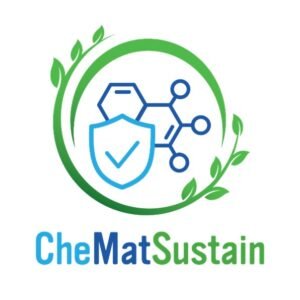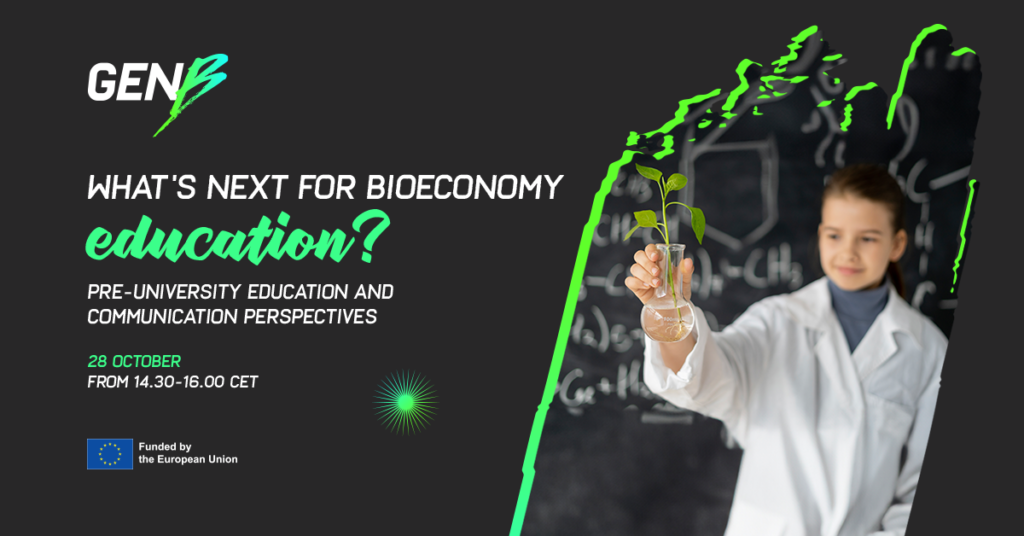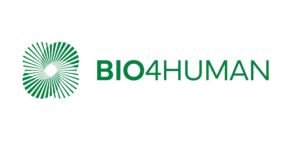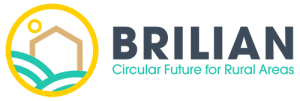LAB Biofine project
This project ends on: 31/05/2027

LAB Biofine
LAB Biofine is a bold innovation and development platform for the bioeconomy. We help companies turn bio-based ideas into sustainable business through agile piloting, cutting-edge research, and international collaboration. Our activities are centred around a pilot plant based on pressurised hot water extraction and deep eutectic solvents, with advanced separation capabilities.
Contact:
Dr. Antti Kapanen, Specialist for International Networks: antti.kapanen@lab.fi
website: http://www.biofine.fi/









 While BioGov.net is organising the workshop focusing on “VET and Life-long learning perspectives” – 29 October 2024 from 15.00 to 16.30 CET, online.
While BioGov.net is organising the workshop focusing on “VET and Life-long learning perspectives” – 29 October 2024 from 15.00 to 16.30 CET, online.
